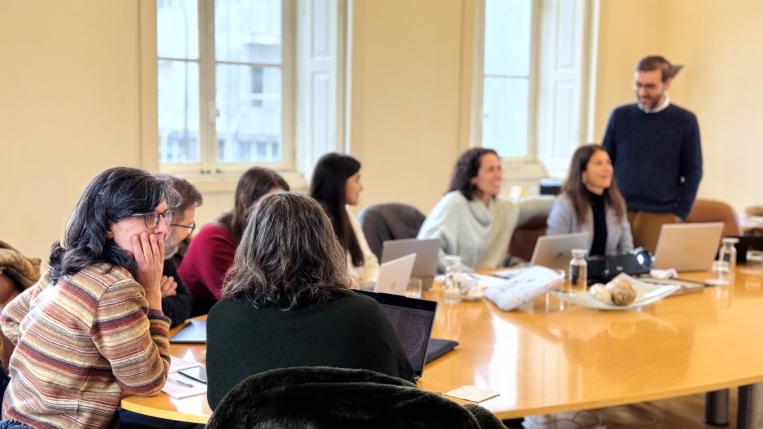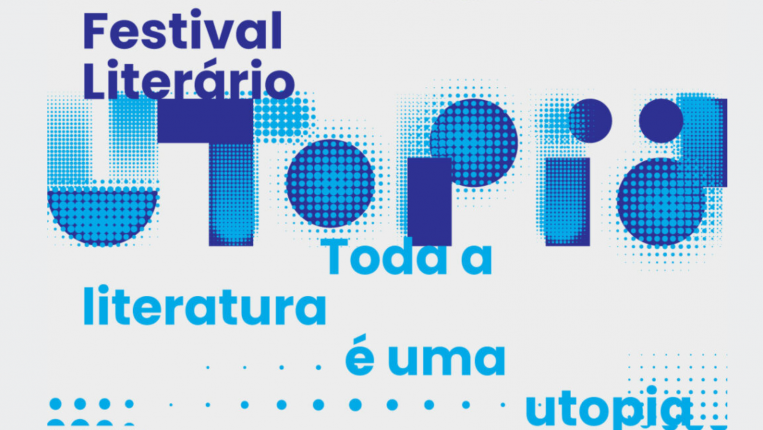
A meeting on the impact of the service-learning methodology (ApS) on UCP courses over the last five years was held on 7 January in the President's Office of the Portuguese Catholic University (UCP) - Braga.
The meeting was attended by the Pro-Rector of Católica Braga, Paulo Dias, as well as the national team of the CApS Project - Catholic University and Service-Learning: Innovation and Social Responsibility, which aims to help train students who are committed to the future and the Sustainable Development Goals (SDGs), sensitive to the problems of the most vulnerable and capable of leading change.
Luísa Mota Ribeiro and Carmo Themudo, the project's coordinators, described the meeting as “warm and productive” and left it with a “feeling of gratitude”. “We had the opportunity to evaluate, reflect and celebrate the achievements of the last five years, but also to think about the future. We all left motivated to continue institutionalizing the ApS, which for all of us is more than a methodology, thus collaborating in the University's identity mission with the integral education of students and service to the community,” they said.
This teaching methodology combines academic learning with community service, where the active participation of students and community members and reflection on the experience are valued.
This learning model is part of the lines of pedagogical innovation and social responsibility that UCP has been committed to, whether through the professionals it trains or the work it does in partnership with multiple interlocutors, in line with the Sustainable Development Goals (SDGs).
The ApS is an educational methodology that promotes a more comprehensive and in-depth understanding of curricular topics among students, along with a greater sense of civic responsibility. In this experience, students develop their knowledge and skills both through experiencing and intervening in a service activity that responds to previously identified needs in the community, and through a continuous process of guided reflection.
The CApS coordinators also explain that the methodology brings numerous benefits to all those involved, particularly the development of skills by the students in the academic and cognitive, vocational and professional, personal, social, civic and ethical-moral domains.
Old people's homes, day centres, kindergartens, institutions that support vulnerable families and even the University itself were some of the places that were the stage for the initiatives and projects developed under the ApS methodology, most of which worked in the areas of solidarity and cooperation, educational and school support, health promotion and the promotion of people's rights.
The project is supported by international experts, such as consultants and external evaluators. The impact and effectiveness of CApS is being scientifically evaluated, producing a body of knowledge to improve future actions. The results will be publicised nationally and internationally.





